Japanese nuclear accidents stir up power debate
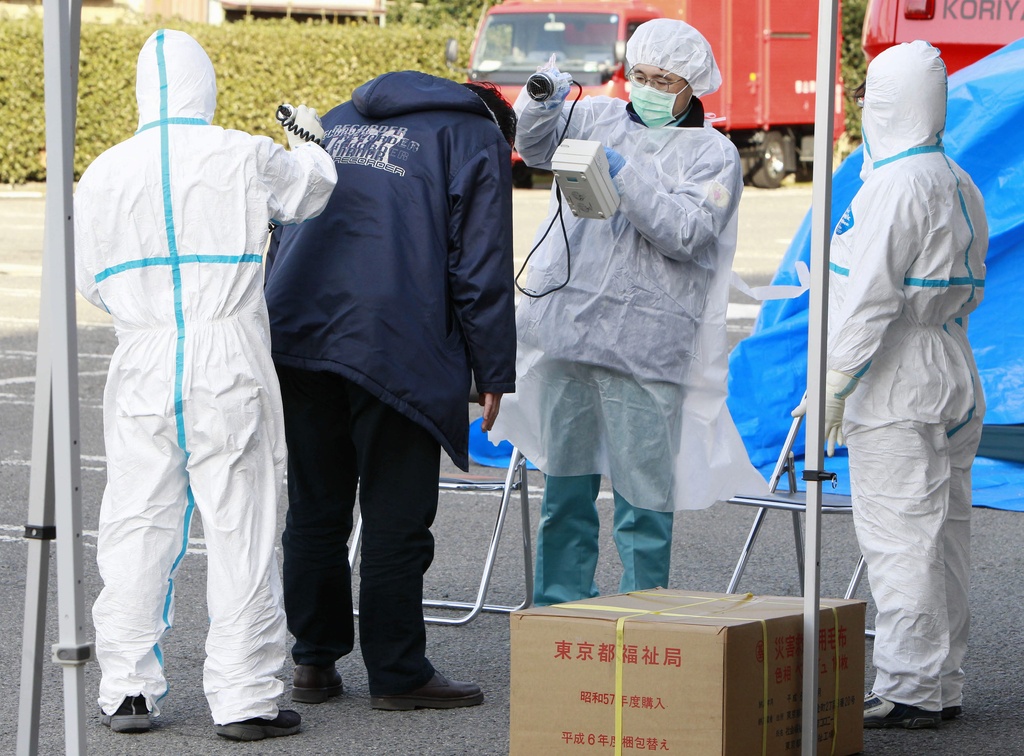
Widespread fears over nuclear power plant meltdowns in Japan have rung warning bells in Switzerland, refuelling debate on nuclear energy.
As on the 24-hour rolling news channels, Friday’s earthquake and resulting tsunami in Japan dominated Swiss newspapers on Sunday. Comparisons were drawn to Chernobyl and questions raised about the safety of nuclear power.
“Atomic shock” and “Japan on the verge of a nuclear disaster” ran just two of the headlines.
In Japan, the authorities were frantically trying to secure nuclear reactors damaged in the earthquake. Cooling systems have failed at several of Japan’s 55 reactors.
After the outer roof of a reactor exploded at the Fukushima Daiichi Number 1 power plant north of Tokyo on Saturday, the government warned on Sunday that the same thing could happen at another reactor.
Officials were working to stop fuel rods in damaged reactors from overheating and controlled radiation leaks were made into the air to relieve pressure on reactors. If the fuel rods do not cool, they could melt the reactor container and even explode.
At the Fukushima plant, 20km and 10km exclusion zones were in force around two facilities.
Swiss government nuclear expert Georg Schwarz, interviewed by the Sonntag paper, dismissed fears that Japan was facing a repeat of Chernobyl. The two power plants were very different, he said, noting: “In Japan, the reactors all have a protective layer. The deciding factor is whether it will hold.”
But the Japanese authorities may be downplaying the whole incident, warned Geneva University professor Walter Wildi in the Zentralschweiz am Sonntag.
“The authorities maintain that the nuclear threat is low, but at the same time they have been taking increasingly stricter security measures. They first told people to stay home, then they evacuated people in an ever-widening radius. This shows that it’s not clear they are on top of the situation.”
“One doesn’t enforce a 20km exclusion zone lightly, for just one incident. This shows that it is a very serious accident,” noted Markus Zürcher, head of the centre for radiation protection in Spiez, in Le Matin Dimanche.
A debate with global reach
Swiss newspapers commented that in the short-term the Japanese crisis would have a direct impact on those countries relying heavily on nuclear power.
“The accident at the plant in Fukushima is not only a disaster for Japan. It affects the whole atomic industry, and this at a time when it is enthusing about a revival in atomic energy,” wrote the SonntagsZeitung.
“Reporting on the disaster, which ranges from an apocalyptic tone to [man’s] powerlessness, shows how the debate on nuclear energy has a global reach,” noted the NZZ am Sonntag. Likewise in Switzerland, where electricity companies are planning to build two new plants in the coming years.
“The chances of such an event happening in Switzerland are low. Nevertheless, the questions being raised about the safety of planned power plants are absolutely justified. In the absence of a complete and honest answer, the people are hardly likely to approve the construction of new nuclear plants” in the coming years, wrote the NZZ am Sonntag.
Political reaction
Switzerland currently has five nuclear reactors which generate about 40 per cent of the country’s energy but will gradually come off the power grid as of 2019. It is widely expected that Swiss voters will have the final say on the construction of new reactors in a nationwide ballot in 2013 or 2014.
The Japanese events put the spotlight on one Swiss plant in particular, Mühleberg near Bern. It was built in a similar way to the damaged Japanese plant, and some experts have said it wouldn’t be earthquake proof. Plans for a new plant to replace the ageing one on the site were backed by a slim majority of canton Bern voters in what was seen as a test ballot in February.
In SonntagsBlick, Axpo energy firm head Heinz Karrer, said once findings about the Japan accidents were released, they would be “incorporated” in Swiss nuclear plants.
The Green Party was among the political parties immediately reacting to the Japanese events, urging the cabinet to reverse its decision to allow the Mühleberg plant to continue production indefinitely.
Parliamentarian Geri Müller told the Swiss News Agency that Switzerland was not a quake-free zone, although the worst case – 7 magnitude – struck 600 years ago. “Our newer reactors would safely withstand an earthquake of magnitude 5, but not Mühleberg or Beznau.”
Other parties also waded into the debate. The president of the Social Democrats, Christian Levrat, demanded an immediate freeze on plans to build new nuclear power plants. And Ruedi Lustenberger of the Christian Democratic Party said it wasn’t possible to continue with business as usual: “We must draw conclusions from this.”
All this was to be expected, said Le Matin Dimanche. “For nuclear opponents, it was too great an opportunity to let it slip. The Greens and the Social Democrats know that.”
New risk assessments
But the nuclear accident is also proving to be food for thought for even the most fervent atomic energy defenders.
Senator Rolf Büttiker, a member of the board of directors of the nuclear plant in Leibstadt, told the Sonntag newspaper that it would be wrong to believe it couldn’t happen in Switzerland. He said a “new risk assessment” was needed.
“We cannot just carry on as normal, as if nothing has happened. If we were to come to the conclusion that the risks of atomic energy have become too significant, we should stop building new nuclear power plants in Switzerland,” he added.
Switzerland currently has five nuclear reactors which generate about 40% of the country’s energy but will gradually come off the power grid as of 2019.
The five nuclear power plants gradually went into service between 1969 and 1984 and have an unlimited duration operating licence. The operators say the lifespan of the stations runs out between 2019 and 2034.
The authorities currently examine sites for the construction of nuclear waste disposals to be built by 2020.
In 1990 voters approved a ten-year moratorium for the construction of new nuclear power plants. In 2003 – three years after the end of the freeze – the electorate rejected an extension or a definite withdrawal from nuclear energy programmes.
In 1969 an experimental power reactor in an underground cavern was sealed and written off following a core meltdown in 1966.
Three sites for new nuclear power stations have been given a stamp of approval by the national regulatory authorities, who said nuclear safety and the security of the planned facilities at Beznau, Gösgen and Mühleberg were sufficient to continue the projects.
It is widely expected that Swiss voters will have the final say on the construction of new reactors in a nationwide ballot in 2013 or 2014.
The 8.9 magnitude earthquake struck northeast Japan on March 11, setting off a 10-metre high tsunami, with waves sweeping away homes, crops, vehicles and submerging farmland.
The death toll is expected to exceed 10,000 from the quake and tsunami, public broadcaster NHK says.
There have been radiation leaks from a damaged nuclear plant after an explosion blew off the roof, raising fears of a meltdown at the facility north of Tokyo. Another reactor at the plant could also explode, officials say.
A Japanese official said there were 190 people within a 10km radius of the nuclear plant when radiation levels rose and 22 people have been confirmed to have suffered contamination.
The plant operator is filling various reactors with sea water to cool them down and reduce pressure in the units.
The nuclear safety agency rated the incident a 4 on the 1 to 7 International Nuclear and Radiological Event Scale, less serious than Three Mile Island, which was a 5, and Chernobyl at 7.
About 300,000 people have been evacuated nationwide and almost two million households without power in the freezing north, domestic media say.
(Adapted from French by Jessica Dacey)

In compliance with the JTI standards
More: SWI swissinfo.ch certified by the Journalism Trust Initiative
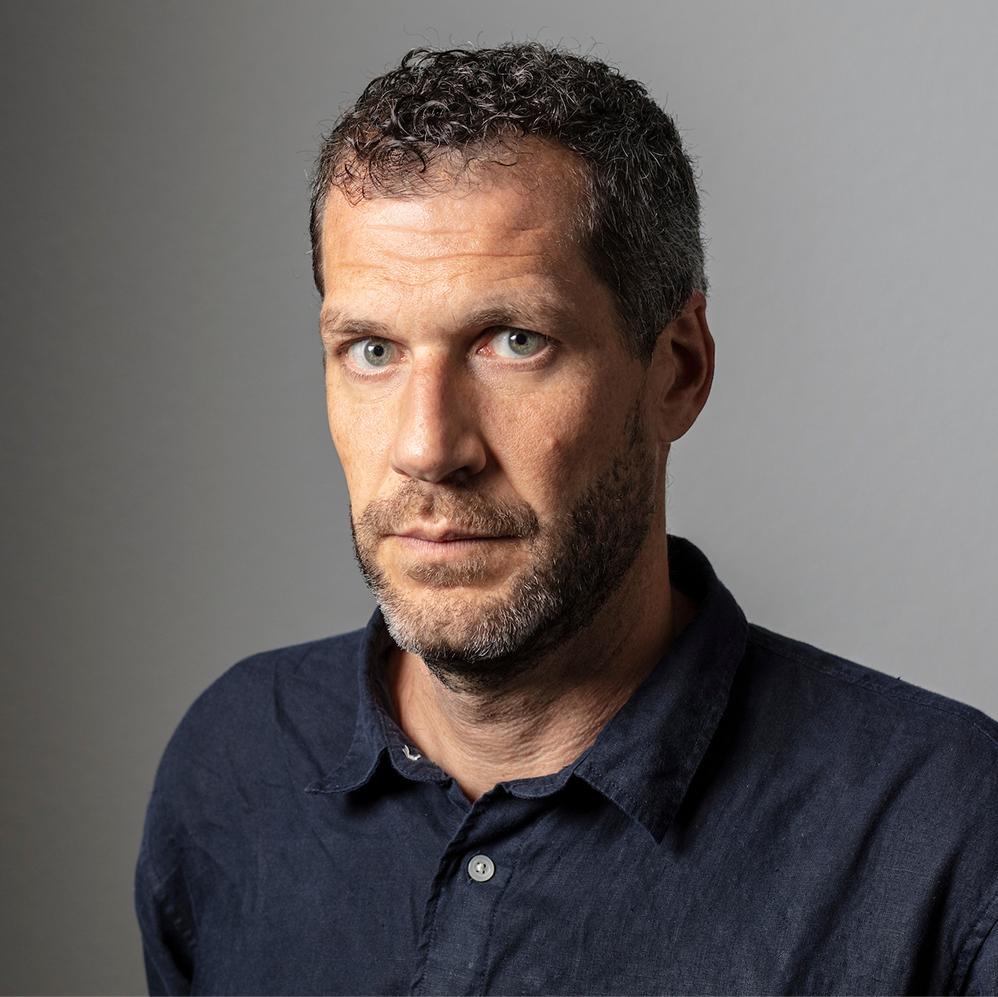

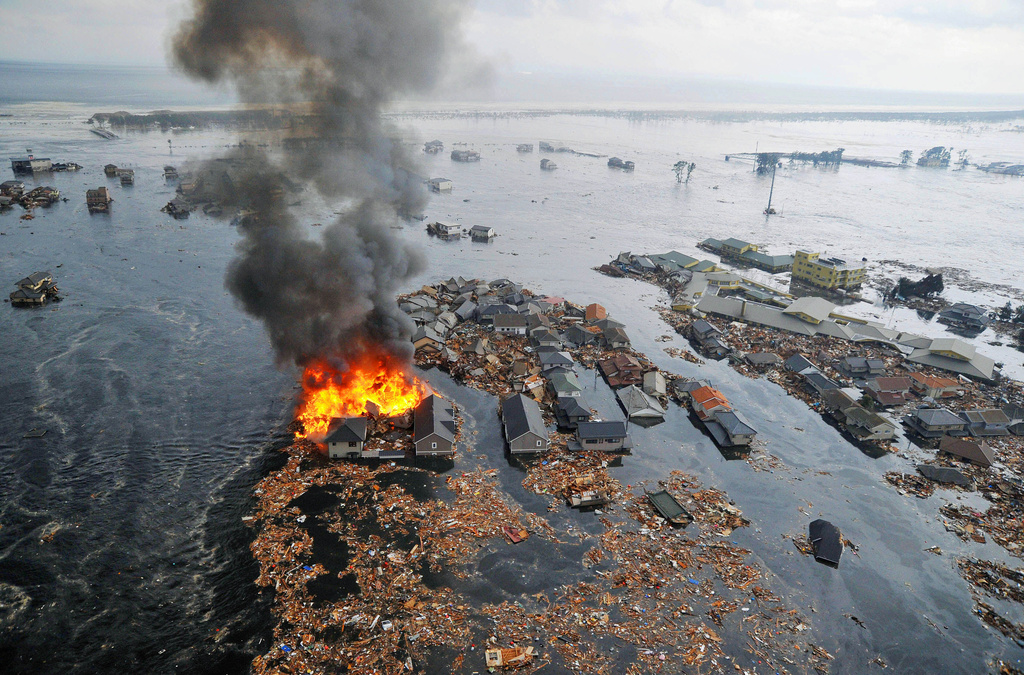
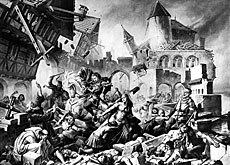
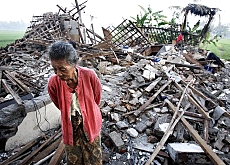
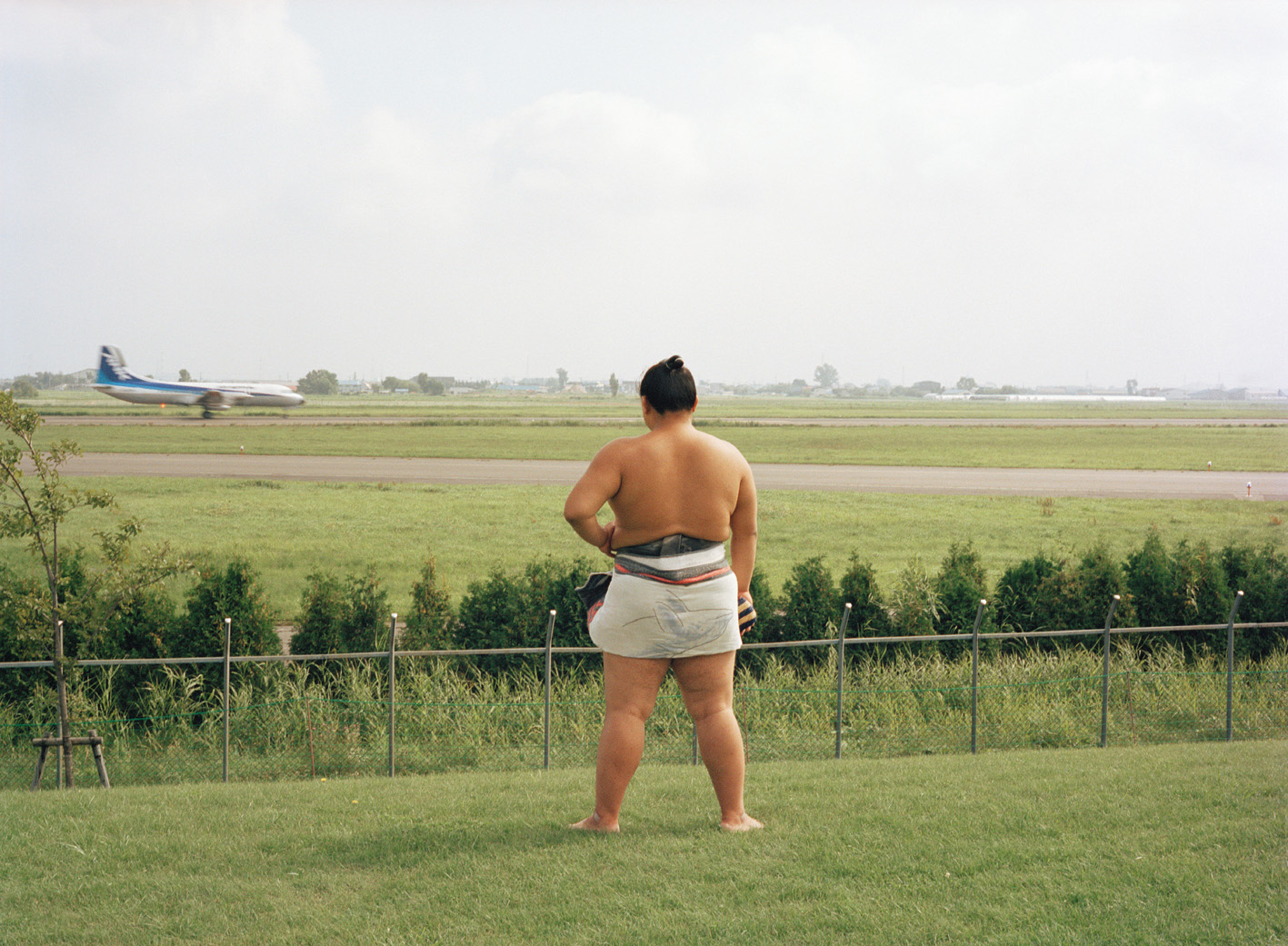
You can find an overview of ongoing debates with our journalists here. Please join us!
If you want to start a conversation about a topic raised in this article or want to report factual errors, email us at english@swissinfo.ch.